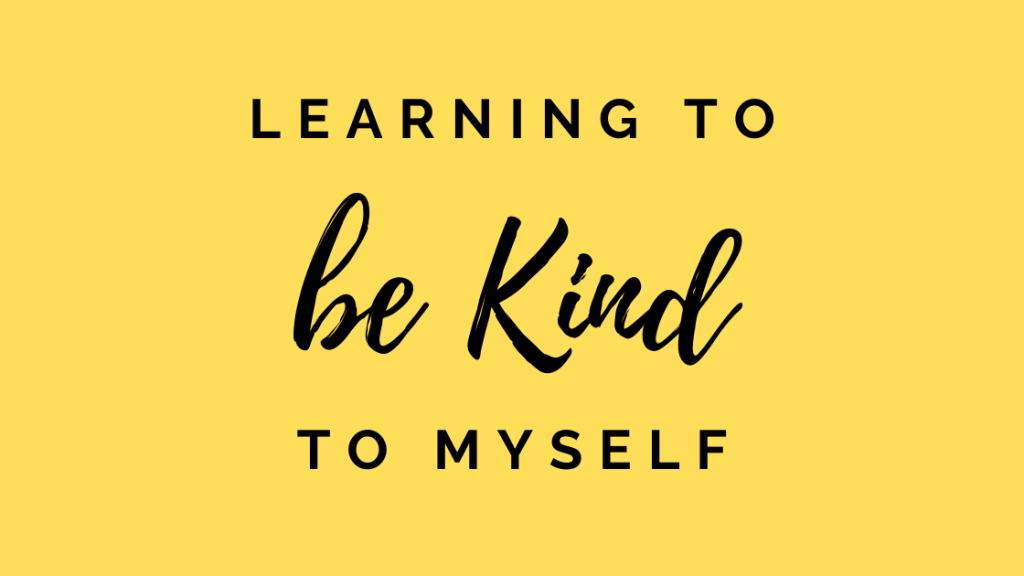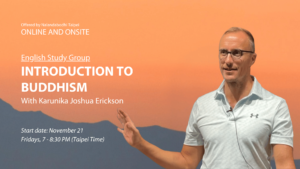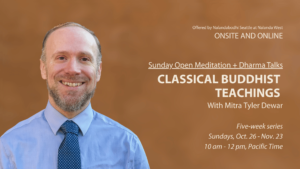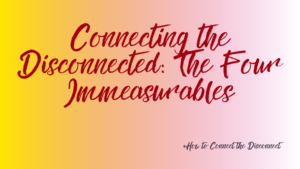When I first heard “Be kind to yourself” I thought, “That sounds right.” Nice thought. But just agreeing didn’t stop my habitual grinding pace at work. I was productive but tired and cranky. At day’s end I could hardly wait to sink into the couch.
The pattern had advantages: discipline in time management, crossing items off a list. I was willing to work hard on worthy service projects. “Times are tough, people are suffering. No time to rest!” However well-intentioned my approach, it led to a bad case of burnout.
Then, reading Dzogchen Ponlop’s book, Emotional Rescue, I zeroed in on this guidance, so simple and direct:
Kindness to myself wasn’t just a nice idea. Even in tough times, why deprive myself of kindness? How could I help others if I drove myself so hard? A relentless work ethic didn’t allow space for the heart to soften. To help others, I had to give kindness to myself first.
I began taking breaks to relax. Looking out my home office window, I enjoyed a moment of spacious awareness. Trees waving in the wind, birds soaring across the sky.
Occasionally I got up and moved around a while instead of cranking out a “few more minutes” of work that might turn into hours. If I felt unwell I asked, “What do I need?” Food. Or a nap. Liberating! With a little kindness to myself, work stopped being a burden. Inspiration flowed.
You Deserve Kindness – An Exercise
Only a couple of minutes of self-kindness can quickly shift our view from closed to open.
- Sit up a little bit straighter. If you’ve been slumping, let your back and neck stretch upward. Take a deep breath and relax.
- Pause. Notice the light of your own awareness. Rest a moment.
- Ask yourself, “How am I feeling?” Wait for the answer. “I feel like this is silly” doesn’t count! The answer could be “I feel tired and a bit bored” or “I feel curious and interested.”
- Now ask yourself, “What do I need right now?” Needs are universal – food, rest, respect, love, and the like. Listen for the real answer.
- When you discover your need, give yourself empathy: “Of course you need that. Everyone does!” Add a smile of encouragement.
- Now ask, “What could I give myself that would help fill this need?” Think of something you can give yourself right now. (Not “a million dollars.”) Simple gestures are surprisingly nourishing: a self-pat on the back, a cup of tea, a short walk, or a few words of self-appreciation.
- Enjoy this self-nourishment. Enjoy the positive feelings that come with giving yourself appreciation and support. Wish for everyone to have this positive feeling.

Ceci Miller has been a student of Dzogchen Ponlop Rinpoche since 2009. She is a book editor and author. Through CeciBooks publishing consultancy, she helps authors and experts develop their work and expand its beneficial impact. A mother and grandmother, Ceci lives with her husband in Seattle, Washington.






